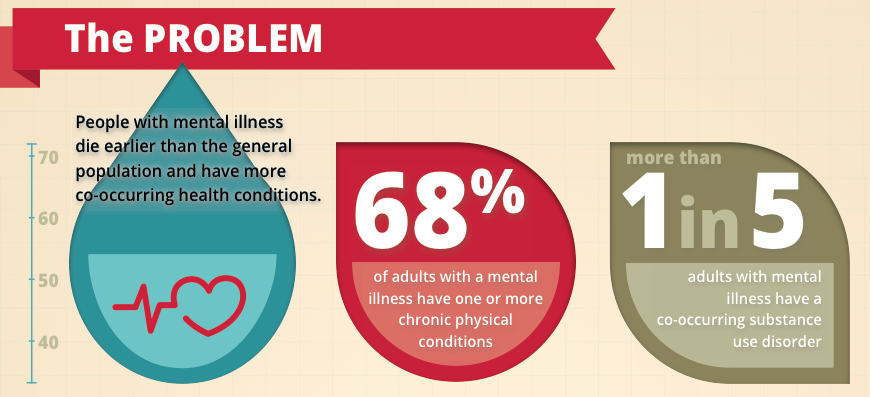The holidays are upon us. For many people, this joyous time of year can also be very stressful. According to an online poll by the Anxiety and Depression Association of America, nearly three-quarters of people reported that the holiday season makes them feel very or a bit more anxious and/or depressed.
The following are a few tips* on how to manage some of the stresses that are often associated with the holidays.
- Set reasonable expectations and don’t expect the holiday season to be perfect.
- Practice healthy drinking habits. Alcohol is a depressant and can exacerbate feelings of stress and sadness. Too much alcohol can also interfere with healthy sleep and interrupt natural sleep cycles.
- Keep up your exercise regimen, as it will provide effective stress relief and productive alone time. A short daily walk can have a big impact.
- Set spending limits and stick to them. Over-spending during the holidays can lead to continued stress down the road.
- Treat your body well with balanced nutrition but don’t feel guilty when indulging during the holidays. Moderation is key and is a far healthier response to holiday treats than starvation.
- Create a space and time for yourself during family gatherings. Take a walk outside, find a quiet corner in the house, or make a quick trip to the store to gather your thoughts and relax.
- Plan any shopping and cooking in advance. Setting a schedule and making priorities will prevent too much from piling up at the last minute.
- Talk to someone. Seek support and affirmation of how your expectations for the season don’t always match with reality. A good listener and a little laugh can be great stress relievers.
Sometimes “holiday blues” are more than just passing emotions and can be something more serious like depression, anxiety, or a related disorder. If you have prolonged anxiety, sadness, or a mood that interferes with sleeping, eating or other usual activities, you may want to talk with a health professional.
*From Screening for Mental Health, Inc., “Help Your Community Deal With Holiday Stress”

